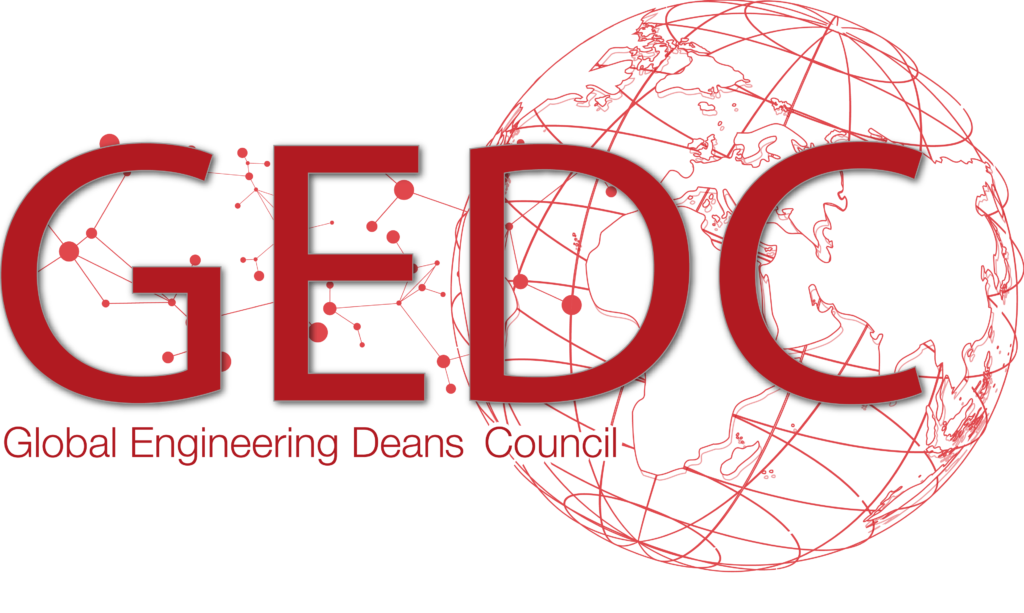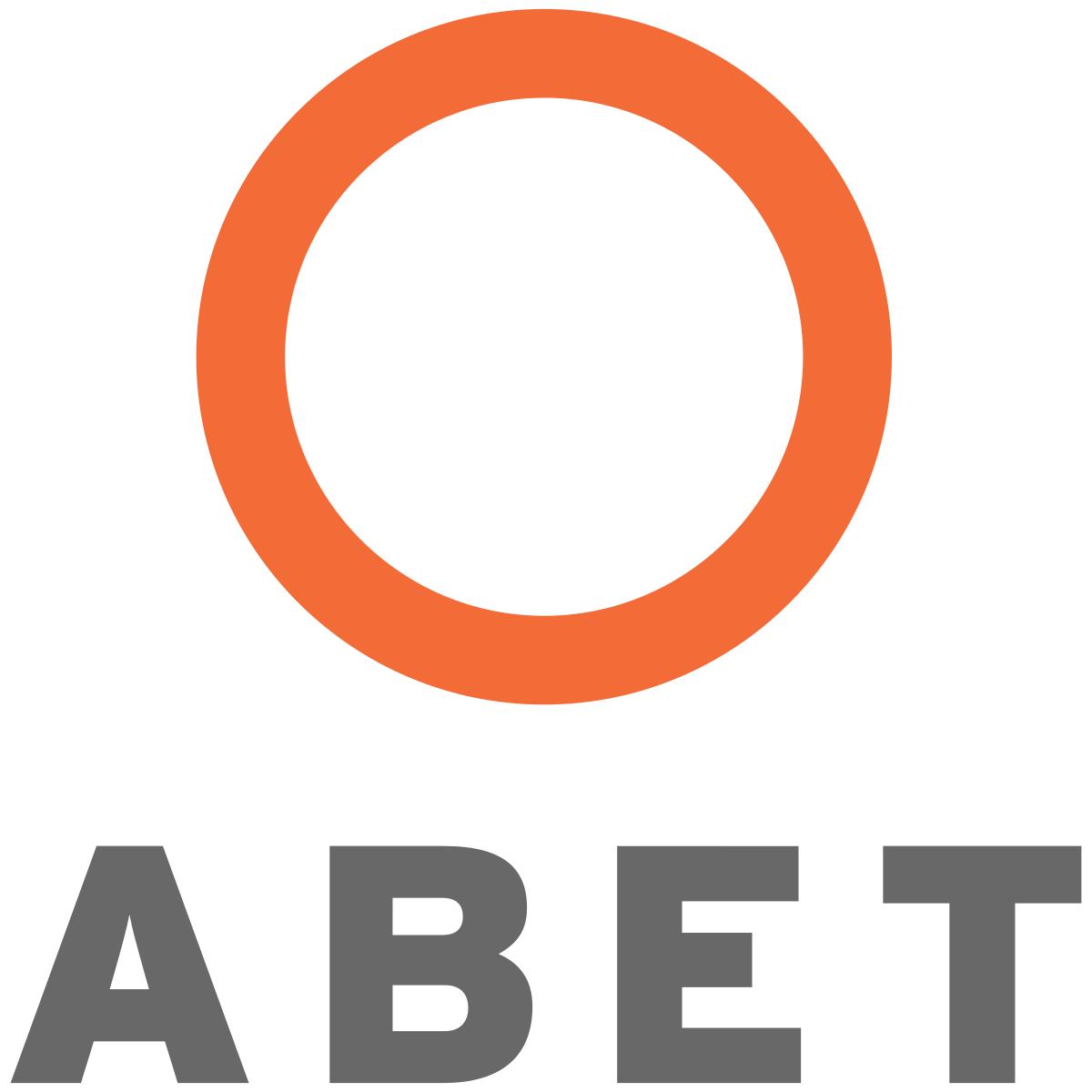Human capital development in engineering education is continuously based on a project-based learning approach. For sustainability, it is learned that there is an urgent need for periodical improvements in the project-based curriculum and instructional design and delivery methods to meet the fast-growing technologies. After completion of the projects, most of the administrators assume that the curricula and instructional design need not be periodically evaluated. During and after completion of the project, many evaluations have to be carried out to ensure a better outcome in the planned attributes of the graduates due to project-based learning. This case study demonstrates this concept. During and after completion of the World Bank assisted projects in technician education I-III (1992-2007) in India, a series of evaluative research projects were undertaken to assess the status of planned project-based learning, the utility of resources, and the competencies of the faculty members. The steps to be taken to accelerate the periodic revision of curriculum as and when disruptive technology gains importance. Current needs analyses for planning advanced training programs for the working professionals have been identified based on the results of tracer studies. The outcome of the existing programs indicates the supplying needed industry-relevant human resources and the return on the investments made. Periodical follow-up actions were planned based on the fast changes in the technology applications in various companies. It is concluded that frequent evaluation of project outcomes is essential in sustaining project-based learning. Many new courses are being introduced and many new programs have been developed. The periodical evaluation alone can ensure the sustainability of the project-based curriculum and instructional planning and design.
Continues Improvement in the Project-based Learning Method to Meet the Ever-growing Industrial Needs: A Case Study
Global Women Engineering Leaders Share their Journeys to Professional Success
Discover additional women leaders from Volumes III and IV as they focus on India and Africa.










